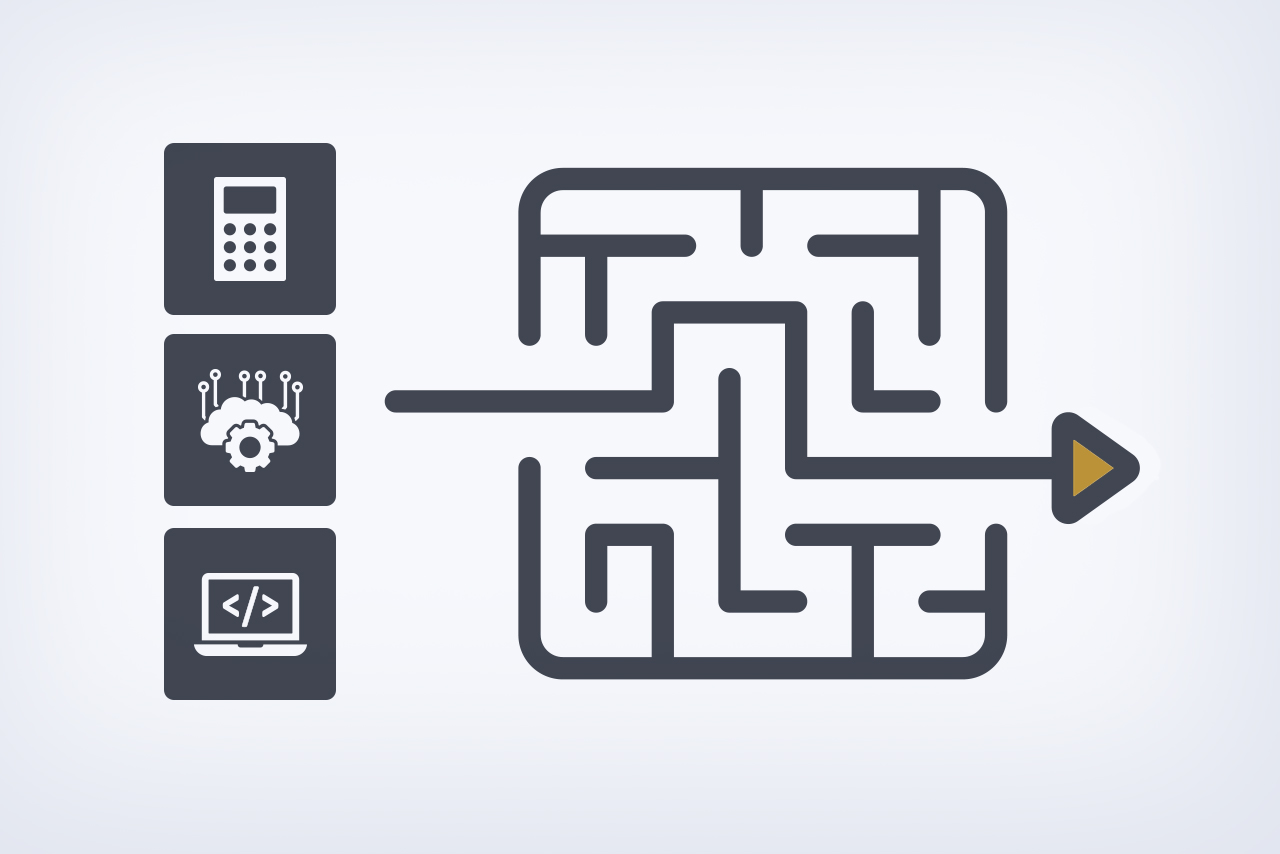HyperionDev recently announced the launch of the exciting new Data Science Bootcamp, a 3-6 month online course that provides aspiring data scientists with the foundation they need to land their first data science job.
Data science jobs are lucrative and highly in demand. This is a career path that can open up many exciting opportunities, while still giving you a very stable income with room for growth. It sounds like a dream come true – but is it a good fit for you?
To make sure you’re cut out for a career in data science, you need to have an interest in (and a good understanding of) three key elements: programming, mathematics, and machine learning.
Programming
You need a good programming foundation to work with data, and you must be able to code proficiently in at least one popular programming language. Python is a good place to start, and the HyperionDev Data Science Bootcamp will give you a solid introduction to working in Python.
It also helps to get familiar with the more widely used data science libraries and packages available online.
Once you have a good grasp of programming, you’ll also need a good understanding of statistics and other mathematical concepts to help you interpret the data. This leads us to the next key element in becoming a data scientist.
Mathematics
Data analysts work extensively with numbers, which means it’s important to have a strong foundation in math to be successful in this field.
Here are some examples of how you’ll need to apply math to your work in data science:
- Translate real-world problems into mathematical expressions
- Manipulate algebraic expressions to solve equations
- Display different types of functions on a graph
- Understand the relationship between a function’s graph and its equation
To begin with, it’s recommended that you have a sound knowledge of college-level algebra. To advance further, start looking into multivariable calculus and linear algebra as well. These will help you get to grips with the next of our three key components.
Machine Learning
Machine learning allows data scientists to make predictions based on huge amounts of data, by relying on AI. It’s important, as an aspiring data scientist, that you get to understand the three main types of machine learning: these are supervised, unsupervised, and reinforcement learning.
Your understanding of mathematics will also tie into this; machine learning is based on a foundation of statistics, multivariable calculus, and linear algebra.
Foundational and advanced topics for data scientists
Here are the essential topics you’ll need to cover, in order to build up sufficient math, machine learning and programming knowledge needed for a data science career.
Foundational topics:
- Object oriented programming: Structure your code into object-oriented design patterns, so it can be easily reused, tested and shared.
- Debugging: Learn how to identify and fix problems in your code.
- Statistics: Apply the right statistical tests in order to interpret data and compare different types of data.
- Probability: Determine the likelihood of an event, to help you draw accurate conclusions about data.
Advanced topics:
- Data structures: In some cases, certain data structures work better than others; understanding different structures will help you to choose the most efficient one and optimise your programming.
- Algorithms: If you know which algorithm to apply in which situation, you can get results faster and more efficiently.
- Software design patterns: Once you get comfortable with software design patterns, you can easily create robust, reusable code.
- Multivariable calculus/ linear algebra: These advanced math skills will help you to understand how machine learning works.
Where to begin?
If you’re not sure what your first step should be, we recommend enrolling in the next Data Science Bootcamp, scheduled to begin on 5 February.
The curriculum covers many of the essential programming, math and machine learning topics:
- Introduction to coding with Python
- Object oriented programming and functions
- Natural Language Processing
- Storing and querying relational data
- Data exploration, analytics and visualisation
- The fundamentals of machine learning and AI
You’ll also receive post-bootcamp support after completing the course, which includes assistance with updating your CV and preparing for your first data science job interview.


